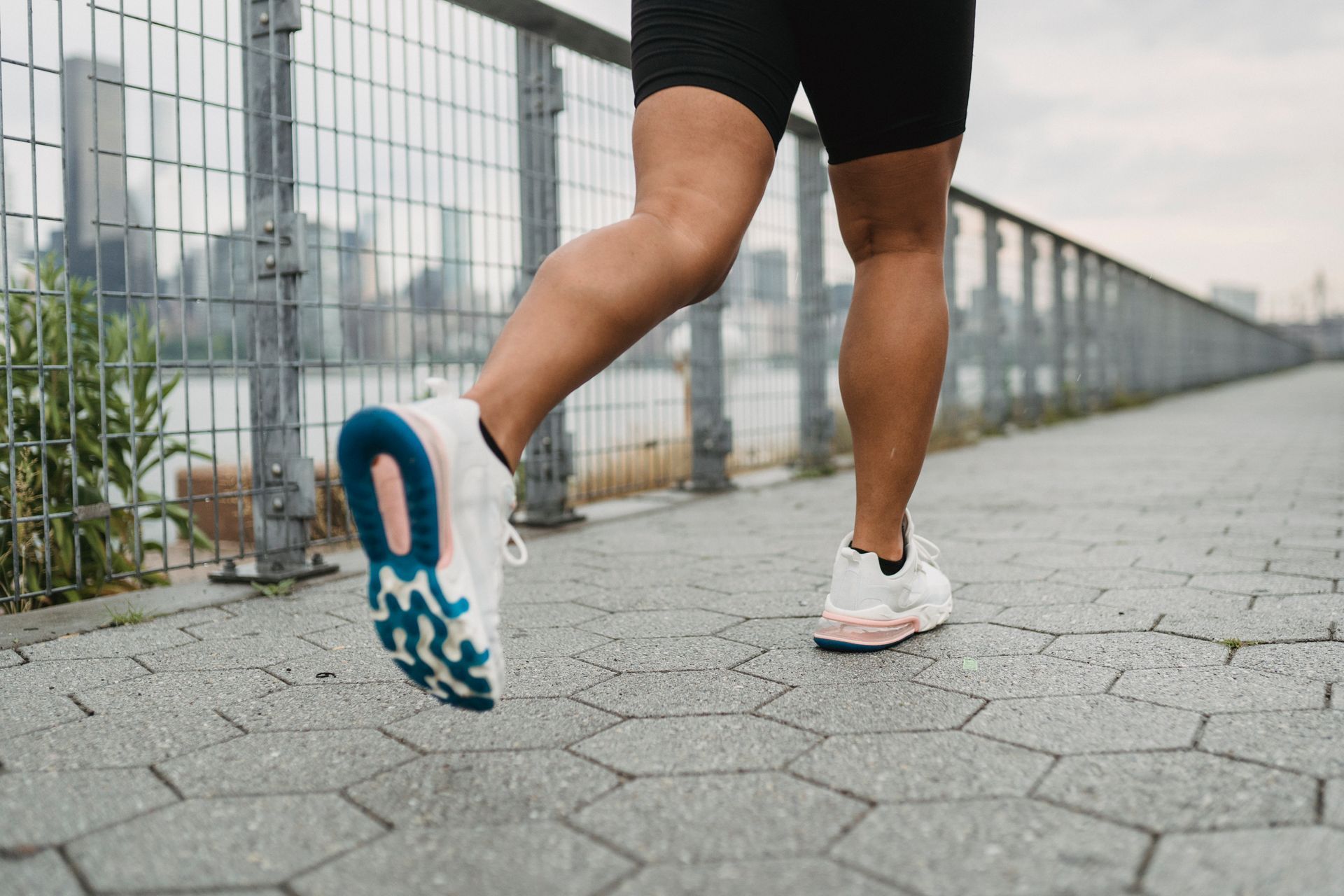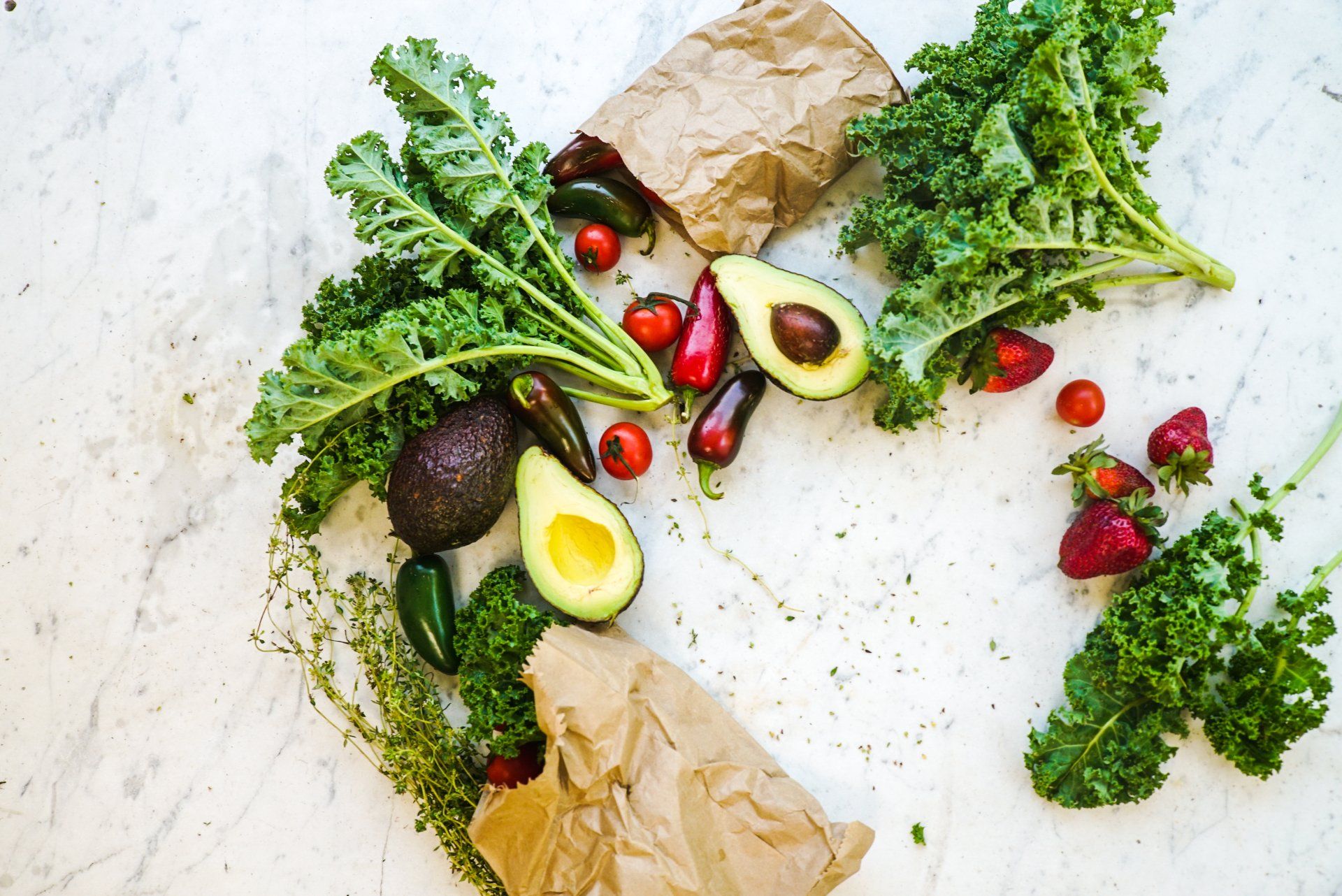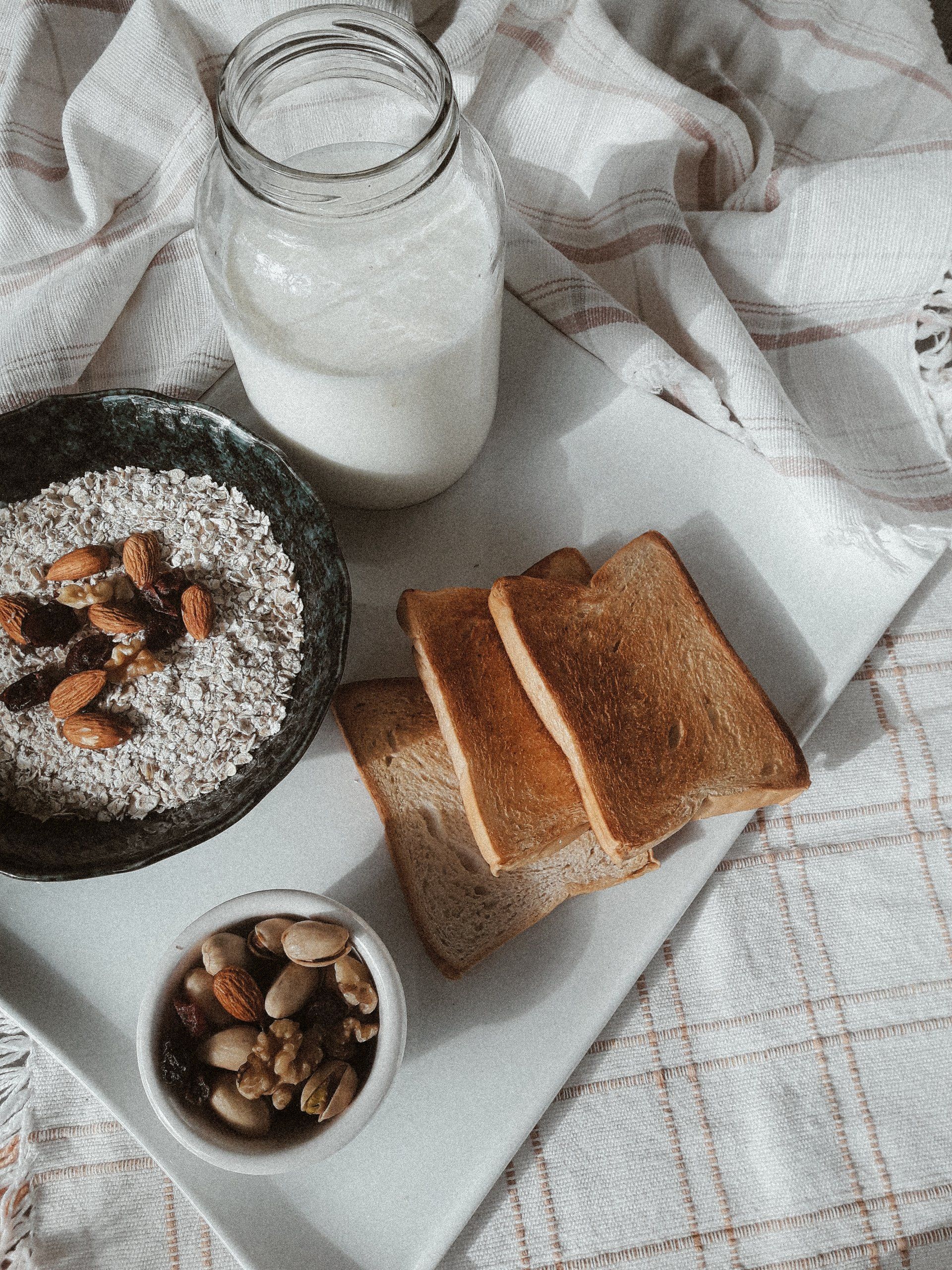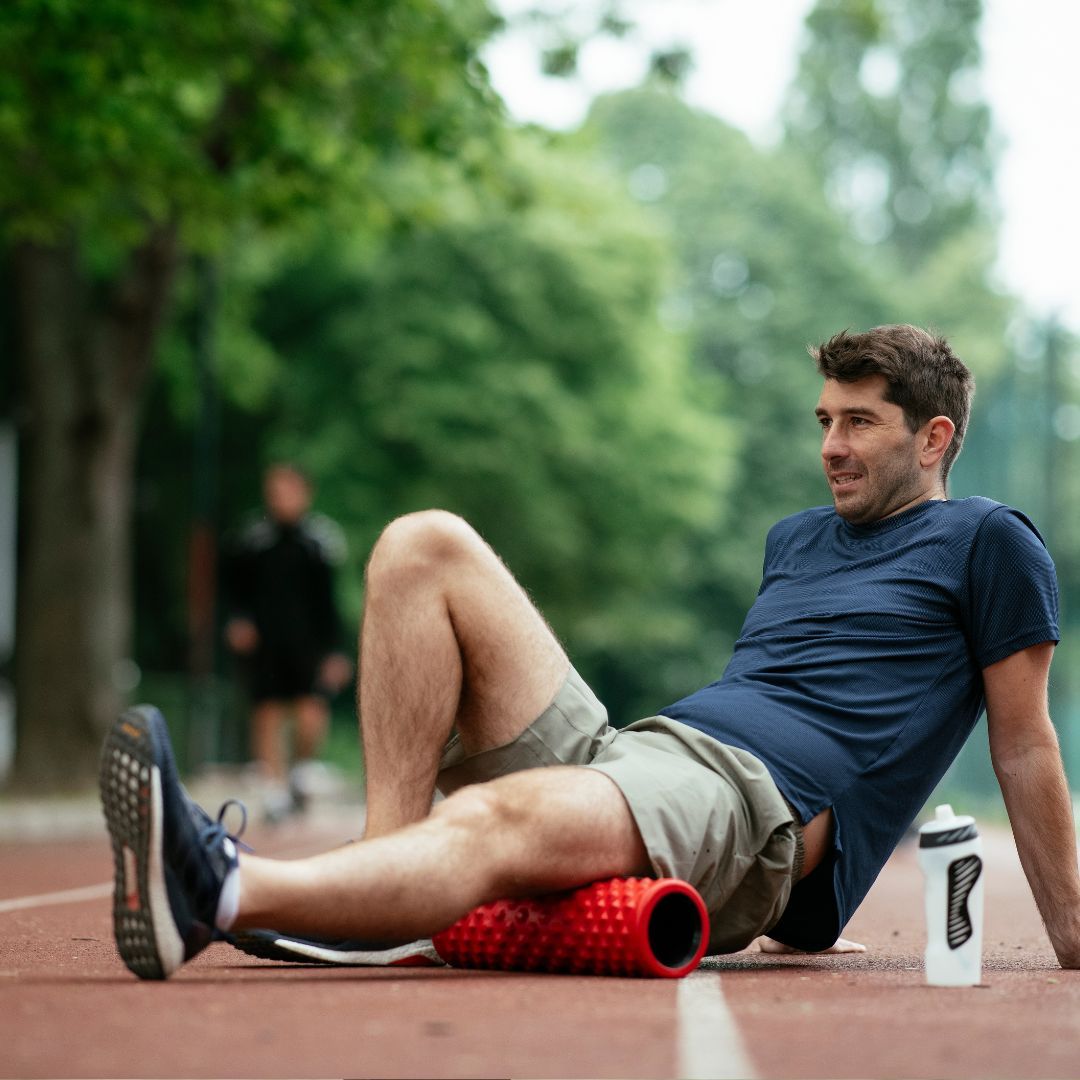Do ultra-runners need to do speed work?
Ok, first, let’s clarify what is meant by speed work. True speed is very short sprints (10-15seconds!!) that work on developing the neuro-muscular system. However, when most runners talk speed work they are meaning things like interval repetitions and tempo work. So, for ease of conversation, this is what I will be meaning when I discuss speed work.
Many ultra-runners think, “Well I run long and slow in the race, so why would I need to work on my speed?” and although that concept used to work, that is no longer the case. In my mind, runners training for a 100k race can easily do marathon training, with simply longer long runs in the mix.
In saying that, I still think it is important to train specifically with your race in mind; does it have hills, technical trail, flat roads, etc. Using these details you can then create interval and tempo sessions that ensure you are working specifically towards your goal.
When you first start your season’s training, I believe it is important to focus on getting the body ready for the harder work to come. This includes utilising strides (100m repeats run at about 90% effort) and short hill sprints (10-15 seconds up a steep hill with a minimum 1 minute recovery). The uphills sprints can be done as full sprints up on the toes, as leaping bounds, or as high knee drills. All help promote strength in the legs, feet and ankles, as well as develop the neuro-muscular system. Full recovery is a very important component. After a few weeks of preparing the body, you can now start some more serious work.
The reason for now introducing more formal interval and tempo sessions is because not all races are run at a steady pace. Many ultras actually start quite fast…especially if there is a single track not long after the start. It is imperative in these cases to get as far up the Conga line as you can so you are not held up too much!
Another reason to include harder work in your ultra program is because sometimes you will need a burst of speed; to get in front of a competitor, to push through a hard patch, to get up a hill, and to generally increase your leg speed, turnover and strength.
Although I definitely believe in keeping easy days easy and hard days hard, the beauty of interval sessions is that they generally increase your ability to run at a faster speed in a more comfortable way in all your runs. Thus, your cruising pace is increased, which should lead to faster race times.
Also, as you get tired in an ultra it is very easy to get into ‘shuffle’ mode. This will generally happen regardless, but with some formal harder training in your program, this can be delayed. You should generally be able to hold onto your form and pace for a longer time before the heavy fatigue hits.
Doing harder efforts also teaches you how to deal with the pain of working hard. It is not possible to do long ultras every weekend….but you can touch on this pain through some interval work. It teaches you to keep pushing when that little voice on your shoulder is telling you to stop, to give up, that it’s not that important, and so on. Knowing that you can push through the tough times gives you the confidence to know that you can keep going when you want to stop. It is important to have these moments to remember and draw on when you need to. This leads to greater belief in yourself before and during a race.











